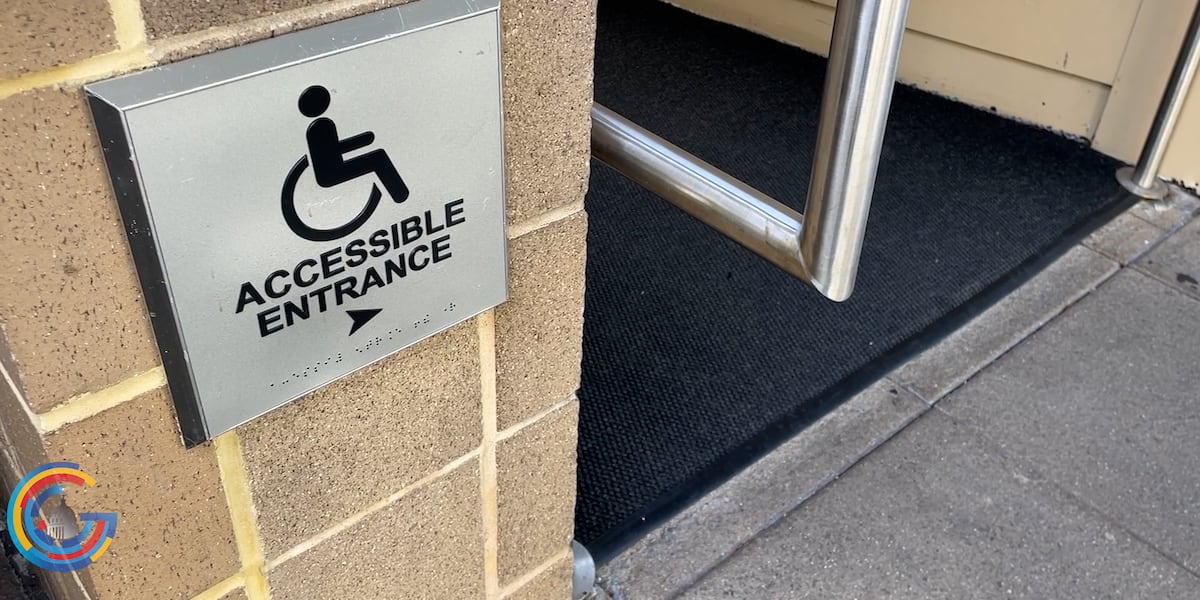WASHINGTON (Gray DC) – The U.S. Supreme court is going to hear arguments Monday in a case that may have big implications for people with disabilities.
The case, AJT v Osseo Area Schools, originally was about students with disabilities being able to sue their schools for discrimination. Now it may have wider reaching implications, outside the classroom.
The case that pits a teenage girl named Ava Tharp against her Minnesota school district. It began after Ava and her family moved into the district from Kentucky and struggled to get an accommodation for her disability.
“One of the problems Ava has is that she has a lot of these, epileptic seizures in the morning. And so in Kentucky, she had been able to start her school day later, like, around noon, and continue later into the day, get specialized instruction later in the day. The Minnesota school said they weren’t going to give that to her,” said Ramon Martinez, the lawyer representing Ava in the suit.
The school district said in its legal brief that it made persistent efforts to accommodate Ava. But after lengthy fight, her parents filed a lawsuit against the district, alleging that it had violated several disability rights laws.
In lower court rulings, Ava won on some of those claims but others were dismissed, finding that because the allegations were related to education, they had to meet a certain standard and prove that the school acted in “bad faith.”
The question before the court now is should that higher standard apply.
“This higher standard makes it harder for families to show a violation under Section 504 or the Americans with Disabilities Act,” said Caroline Wick, acting Director of the American University Disability Rights Law Clinic.
Martinez said the case could now impact people with disabilities outside schools because the district suddenly expanded their arguments last month.
“What the district is saying is that any plaintiff under these laws, needs to satisfy that extremely hard, you know, extremely high standard in order to get relief. So if they win the case, it would revolutionize disability law,” he said.
The case will be heard by the nation’s highest court 10am ET Monday, April 28.
Copyright 2025 Gray DC. All rights reserved.


